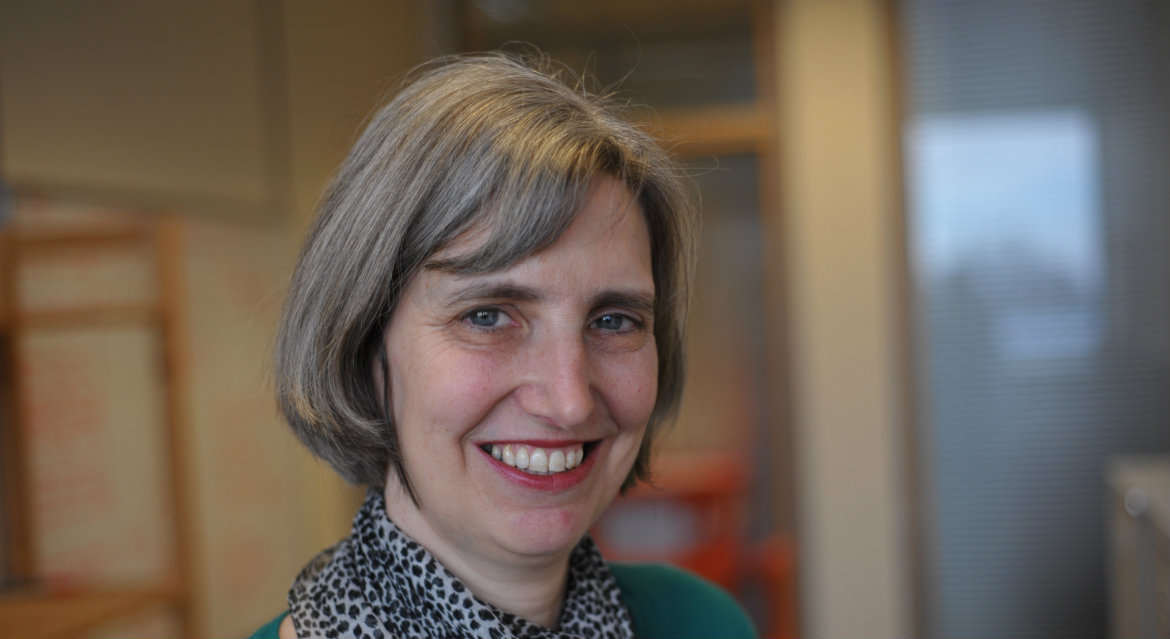Dundee to lead on evaluation of new model for supervision of midwives
Published On Mon 31 Jul 2017 by Grant Hill

The University of Dundee is to lead on evaluation of a new model of clinical supervision for midwives in Scotland which has been funded by the Scottish Government’s Chief Nursing Officer (CNO).
The Nursing and Midwifery Council (NMC) and UK Government response to the Morecambe Bay Inquiry has been to separate supervision of midwives from regulation. All four CNOs and Ministers agreed on the need to preserve the supportive aspects of supervision in practice.
In Scotland, an employer-led model of clinical supervision for midwives has been co-produced with key stakeholders. Implementation is being supported by nationally consistent education preparation and NHS Boards are taking forward local selection and appointment of supervisors, to introduce the new approach from January 2018.
Following an open call for applications, the University of Dundee has been selected through the Scottish Government’s Chief Scientist Office to lead evaluation of the new supervision model.
“The introduction of a new model of supervision for midwives is a major development and one the profession and all involved in it need to get right,” said Alison McFadden, Director of the Mother and Infant Research Unit.
“Dundee has been selected to lead on evaluation of the new model because of our great strengths in midwifery research and postgraduate education, and our extensive network of support and education.”
Shona Robison, MSP, Cabinet Secretary for Health and Sport said, “We want to ensure that every woman and baby in Scotland gets the best maternity and neonatal care. That is why we published the Best Start: a Five Year forward Plan for Maternity and Neonatal Services.
“This report is a landmark publication that presents a major opportunity to improve services. Its recommendations will fundamentally transform service delivery in Scotland and it represents a significant change in ways of working, but it will give better care. So I am delighted that we are introducing clinical supervision for midwives, which will help support them in their everyday practice as we move forward with this service change.”
Scotland’s Chief Nursing Officer Fiona McQueen said, “We have worked in partnership with midwives and others to develop a new restorative model of clinical supervision that aims to support midwives advocate for women’s needs and reflect on their clinical practice. This is a very different approach from the previous regulatory model of supervision and so we need to understand what impact this has, both for midwives themselves, and their vital contribution to care for women and families. That is why we have provided the University of Dundee with £72,000 to undertake a three year evaluation that will outline learning for the future.”
A PhD studentship is being created at Dundee to evaluate the impact and outcomes of the new model in terms of meeting the support and development needs of midwives, and ensuring women and babies receive high quality midwifery care.
The PhD studentship will run for three years and will look at a number of key questions, including:
- How is the employer-led model of supervision for midwives being implemented across Scotland?
- What are the effects of the new model on the quality of midwifery practice, clinical decision-making, adherence to national practice standards and experiences of childbearing women?
- What are the implications of the new model for employers?
- What changes need to be made to optimise the impact and outcomes of the new model?
The studentship is hosted by the Mother and Infant Research Unit (MIRU) and the Scottish Improvement Science Collaborating Centre (SISCC) in the School of Nursing and Health Sciences in the University of Dundee. MIRU and SISCC provide a multi-disciplinary environment with strong clinical, theoretical and methodological expertise. MIRU has an international reputation for delivering world-class midwifery research and high quality postgraduate education. SISCC provides a unique platform for work with NHS and social care partners, and education providers, combined with a national network of academic support, knowledge and expertise in the evaluation of improvement initiatives.
For media enquiries contact:
Grant Hill
Press Officer
University of Dundee
Nethergate, Dundee, DD1 4HN
Tel: +44 (0)1382 384768
Mobile: 07854 953277
Email: g.hill@dundee.ac.uk